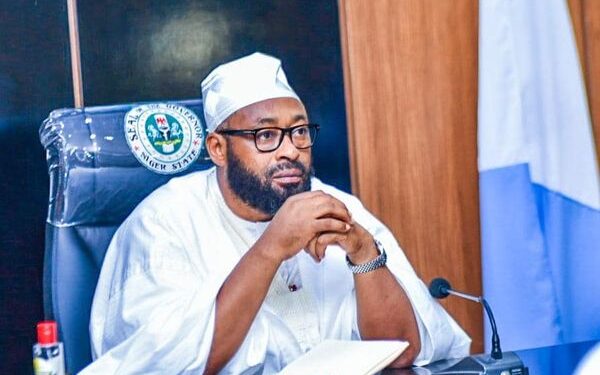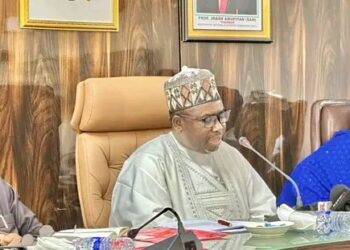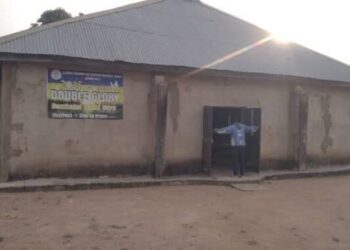Bago announced this during the inauguration of Resources, Inclusivity and Strategic Communication (RISE) project by Farid Centre in collaboration with MacArthur Foundation and JONAPWD in Minna on Wednesday.
The governor said that the state government was partnering with Farid Centre to establish a pilot scheme of Schools for Special Needs in four public schools in Minna.
He said the four pilot schools would be at IBB Primary School, Bosso Primary School, School for Children with Special Needs and Dusten Kura Primary School.
Bago also announced a donation of N50 million to the centre and another N25 million each for the four pilot schools.
The governor said the N1 billion would be used to establish the pilot schemes across the 25 local government areas as part of efforts to scale up the special needs education project.
He commended Farid Centre for coming up with the initiative aimed at attending to the needs of people with disabilities and special needs, making education free, accessible and inclusive.
Earlier in her address, Hajiya Jummai Gimba, the Chief Executive Officer and Co-Founder of Farid Centre, said the initiative was aimed at integrating children with special needs into inclusive learning environments.
She noted that Niger ranks among the top 15 worst states in Nigeria for the problem of out-of-school children, with a staggering 57.1 per cent of children lacking access to education.
“At the Farid Centre, we believe that the true measure of a society’s progress is how well it includes and uplifts its most vulnerable populations,” she said.
Gimba expressed gratitude to MacArthur Foundation and partners at JONAPWD for their support, saying the project was about building an educational framework that recognised diversity as a strength and inclusion as a necessity.
In her remarks, Hajiya Hadiza Mohammed, Commissioner for Basic and Secondary Education, reaffirmed the state government’s commitment to promoting inclusive education for children with special needs, ensuring they have access to quality education alongside their peers.
She emphasised the importance of integrating children with special needs into mainstream classrooms, highlighting its benefits for social integration, academic performance, teacher skills, and community building.
Mohamed called on educators, community leaders, and advocates to work collaboratively to ensure that every child, regardless of their condition, has access to quality education and the opportunity to thrive alongside their peers.
In their separate remarks Alhaji Yahaya Abubakar, Etsu of Nupe and Dr Umar Farouk, Emir of Minna, commended the initiative aimed at increasing enrollment of children, especially those with special needs, in schools.(NAN)











